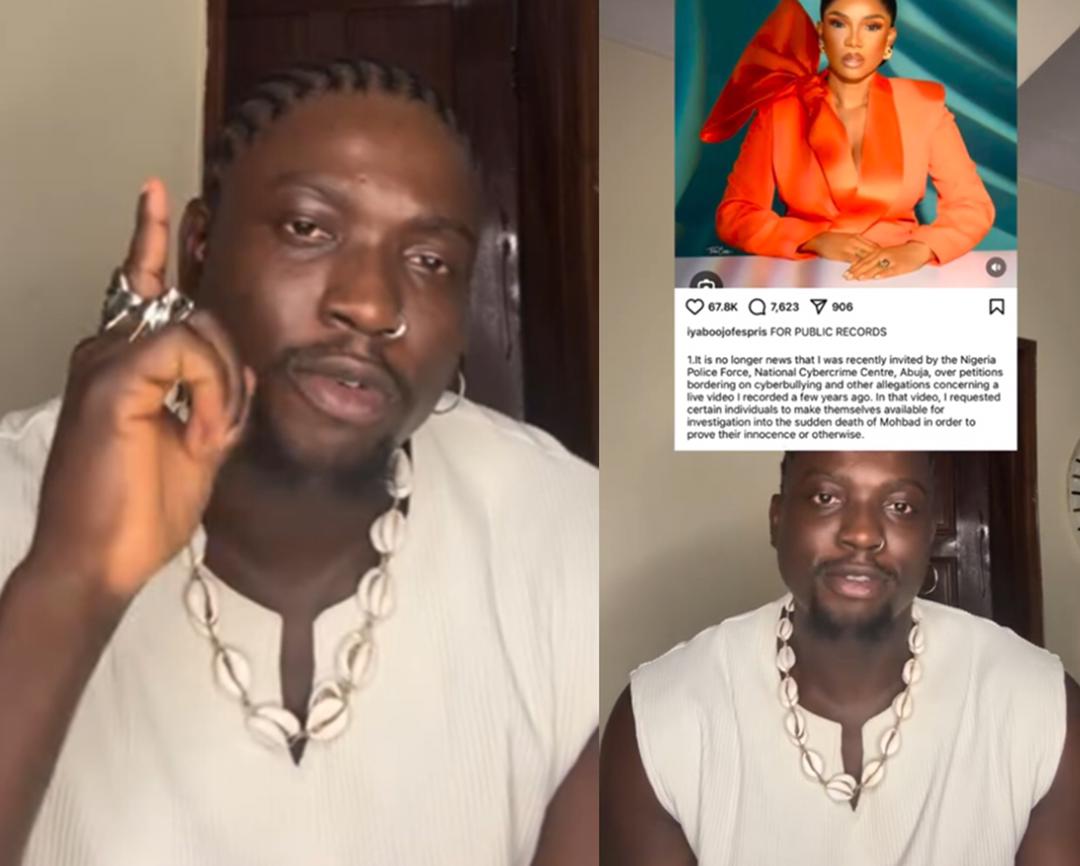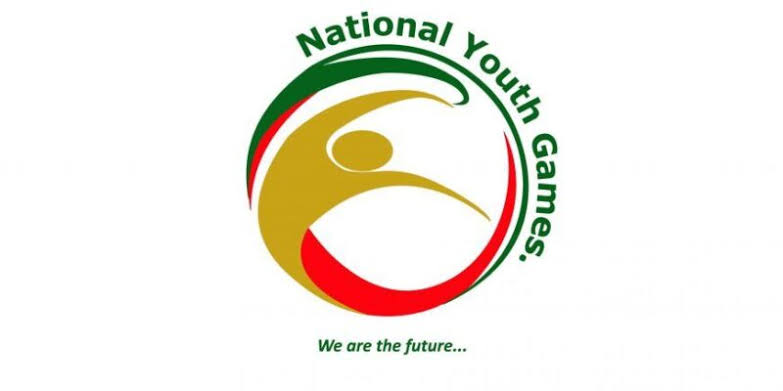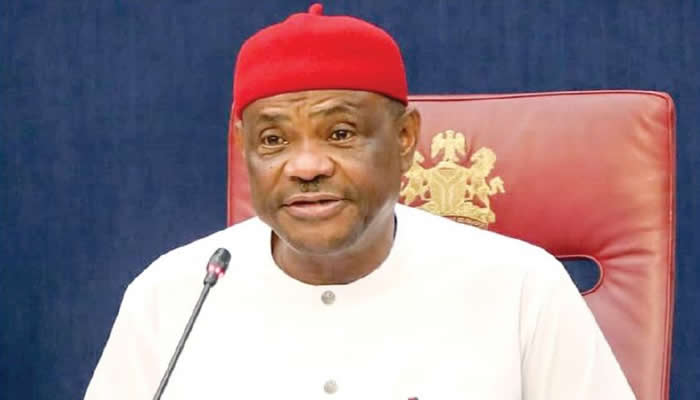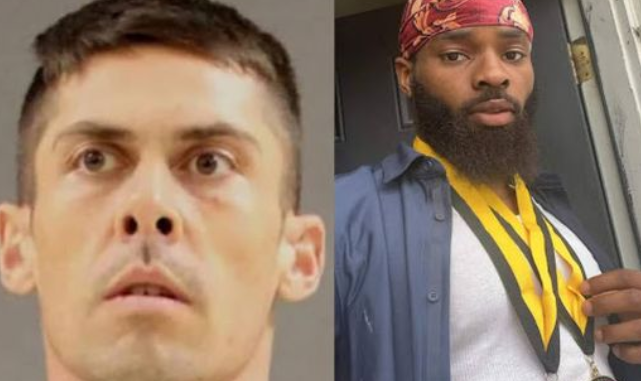
“God Sees Everything” – VeryDarkMan Reacts Sharply to Iyabo Ojo’s Press Release on Mohbad’s Case

In a fresh wave of online drama surrounding the ongoing investigation into the tragic death of rising music star Mohbad, controversial internet personality and activist, VeryDarkMan, has fired back at actress Iyabo Ojo following her press statement addressing her involvement in the case. The outspoken commentator made it clear that while the public may be easily swayed by carefully crafted statements and media appearances, the truth remains unshaken — and God, above all, sees everything.
Iyabo Ojo, in her recently published press release, attempted to clarify her role and defend her intentions in the wake of criticisms and suspicion surrounding her activism following Mohbad's death. The Nollywood star had been one of the earliest celebrities to publicly demand justice for the late singer, aligning herself with the #JusticeForMohbad campaign and appearing at protests and vigils. However, as time passed and more facts emerged — or rather, failed to emerge — many Nigerians began to question the sincerity of certain public figures who seemingly capitalized on the tragedy for clout or personal gain.
Reacting to Iyabo’s statement, VeryDarkMan didn’t hold back. In a strongly worded video, the social commentator stated: “Even if nobody sees, God sees. We can lie to everyone, but we can never lie to ourselves.” The phrase, now echoing across social media, has become a symbolic indictment of performative activism and what he perceives as hypocritical behavior by some celebrities who insert themselves into national issues without genuine intent.
VeryDarkMan, known for his bold, raw, and often controversial takes, has consistently used his platform to speak out against perceived injustice, exploitation, and dishonesty. While some criticize his methods as aggressive or even reckless, many others laud him as a necessary voice in a digital space often dominated by sugar-coated narratives. His reaction to Iyabo’s release has once again polarized the internet, dividing fans between those who feel he’s simply calling out the truth and others who think he’s stirring unnecessary conflict.
Iyabo Ojo’s statement had tried to reframe her actions as those of a concerned mother and activist. She outlined her involvement in the #JusticeForMohbad movement, expressed sympathy for the late singer’s family, and emphasized that her intention was never to politicize or capitalize on the situation. However, her critics — led vocally by VeryDarkMan — are not convinced. According to them, showing up for protests with media teams, live-streaming emotional scenes, and making multiple press rounds isn’t always rooted in justice, but often in strategy and visibility.
What seems to bother VeryDarkMan the most, based on his reaction, is what he calls the “conscious performance” of grief and outrage. He suggested that some celebrities chose to amplify Mohbad’s story only when it was trending — and retreated when the momentum slowed or when pressure increased from opposing camps. “When it’s no longer fashionable to speak, they go quiet,” he lamented, stressing that justice isn’t seasonal and sincerity doesn’t end when cameras stop rolling.
The case of Mohbad’s death, already filled with mystery, suspicion, and emotional outpouring from fans, has become a social barometer for how Nigerian society treats whistleblowers, rising stars, and those who die under questionable circumstances. While the singer’s autopsy and investigations remain ongoing with little public closure, the public discourse around him has shifted from mourning to analysis, speculation, and unfortunately, in some cases, a spectacle.
This latest exchange between Iyabo Ojo and VeryDarkMan reveals deeper tensions in Nigeria’s online community. It underscores the growing skepticism toward celebrity activism, especially when it intersects with national tragedy. As influencers and stars increasingly use their platforms for social justice conversations, the line between advocacy and attention-seeking becomes harder to draw.
Some have come to Iyabo Ojo’s defense, insisting that her visibility brought attention to a case that might have been swept under the rug. They argue that whether or not her intentions were pure, her actions still sparked awareness and kept the conversation alive. Others, however, echo VeryDarkMan’s sentiments — insisting that true activism doesn’t begin and end with social media posts or red-carpet grief performances.
As Nigerians continue to search for answers regarding what truly happened to Mohbad, voices like VeryDarkMan’s ensure that difficult questions continue to be asked, even if they make people uncomfortable. His statement — “Even if nobody sees, God sees” — has already become a rallying cry for transparency and honesty, not just from celebrities, but from everyone involved in the pursuit of justice.
In a digital age where perception often trumps truth and image often overrules impact, VeryDarkMan’s call is a sobering reminder that at the end of the day, beyond the filters and followings, there is a deeper moral compass we must all answer to. The conversation around Mohbad’s case has transcended legalities and entered the realm of ethics, identity, and accountability — and no press release, no matter how polished, can stop the public from demanding the real story.
Only time will tell if Iyabo Ojo’s clarifications will be accepted or if her critics, led by persistent voices like VeryDarkMan, will continue to press harder for authenticity. But for now, one thing is certain: the eyes of the public — and, as VeryDarkMan reminds us, the eyes of God — are still watching.


